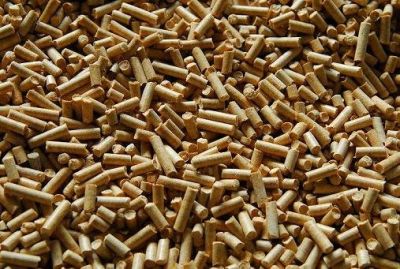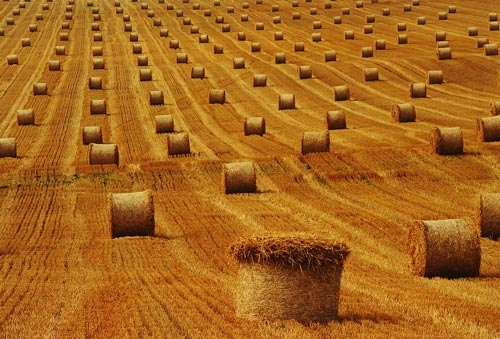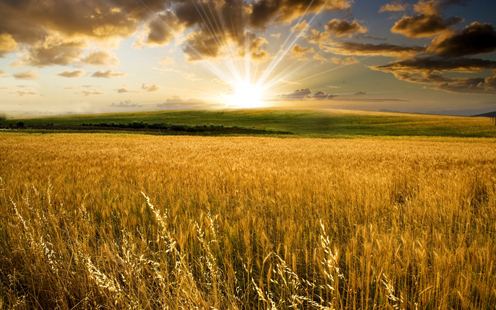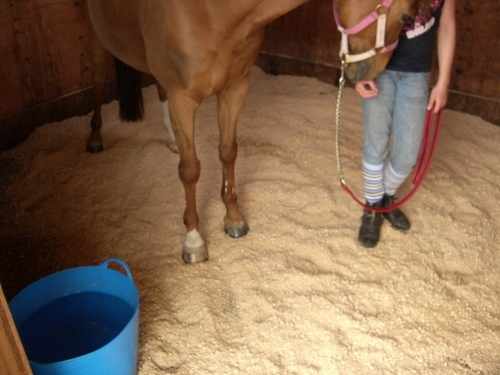

© SC Biopelet Agroplant SRL - 2015
Pellets are a solid fuel, straw is compressed at more than 90 degrees. They are 100 % natural, made only from low humidity straw. They have a length between 1 to 5 cm, depending on their purpose, and the thickness is 0.8 cm.

They are 100 % organic as they are obtained from straw left after wheat, barley or rope harvest. Normally straws were left on the field, to rot and after plowing for the next agricultural year they were wasted. Now we harvest them into bales and from bales directly into pellets.

Straw grows every year and does not interfere with the food chain, unlike wood which takes up to 20 years to reach cutting maturity. If you love nature and want to save the forest, use biomass pellets, they are produced from a natural raw material that is otherwise left on the field to rot.

Crop residues pellets (straw pellets) are the cheapest source of heating compared to diesel, oil, gas or wood pellets and they DO NOT POLLUTE THROUGH THEIR BURNING – ARE NEUTRAL OF GREENHOUSE EFFECT EMISSIONS. From the energy efficiency point of view they are on average with 10 % less than wood pellets, but the straw pellets are on average cheaper by 40 %.

Straw Pellets are the friendliest/ most efficient animal bedding. As they represent the basic straws that were also used by our grandparents, the difference is that now they are more compact and mainly sterile, the pelletiziation process occurs at 90 degrees and destroys most bacteria, viruses. During the production process, no chemicals are used.
That is why bedding straw pellets can be eaten by animals without hurting them because they do not contain wood chips and they do not cause allergies

Worldwide, field crops are sprayed with pesticides and herbicides, and this influences mainly cereals, but also the byproduct straw. However, in Romania the use of pesticides and herbicides is far less than the European average because they are expensive and in general small farmers are considering their efficient use and as much as possible to eliminate them.
